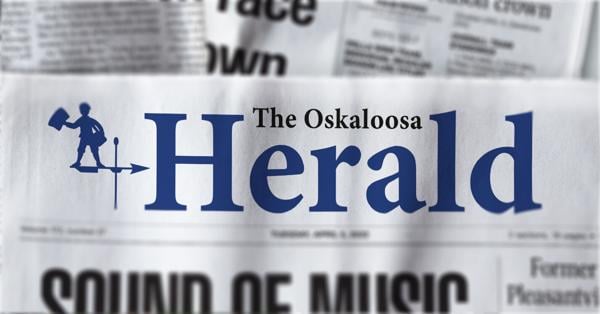Health
NFL Mourns Marshawn Kneeland: A Call for Mental Health Awareness

Marshawn Kneeland, a player in the National Football League, tragically passed away, prompting renewed discussions about the critical need for mental health resources within the league. His death serves as a stark reminder that mental health challenges are prevalent among athletes, and underscores the importance of support systems designed to assist players in navigating these difficulties.
The NFL has made significant strides in addressing mental health concerns over the past few years. The stigma that once surrounded mental wellness is gradually dissipating, replaced by a culture that encourages players to prioritize their mental well-being. The message is clear: it is acceptable to seek help, and there are resources available for those who need them.
In 2019, the NFL and the NFL Players Association took a pivotal step by mandating that each team employ a licensed behavioral health clinician. This initiative was designed to ensure that players have immediate access to professional support, reflecting a broader societal shift towards recognizing the importance of mental health. The goal is to foster an environment where players are not only encouraged to “suck it up” but are empowered to openly discuss their struggles and seek assistance when necessary.
As the league continues to evolve in its approach to mental wellness, there is a collective responsibility among players, coaches, and management to maintain this momentum. Conversations surrounding mental health must be normalized, and resources need to be continuously improved and made accessible. Kneeland’s passing highlights the urgency of these efforts and serves as a catalyst for ongoing dialogue about mental health in sports.
The impact of mental health on athletes is profound. The pressures of performance, public scrutiny, and personal challenges can create overwhelming stress. As the NFL grapples with this reality, it is crucial for all involved to understand that mental health is just as important as physical health. This shift in perspective can ultimately contribute to a healthier, more supportive league culture.
In the wake of Kneeland’s death, many are calling for increased awareness and education on mental health issues within sports. The NFL’s proactive stance on providing resources is a commendable step forward, but it is essential to continue fostering an atmosphere where players feel comfortable seeking help.
As conversations about mental health gain traction, the hope is that future tragedies can be prevented. The message remains: it is okay to not be okay. With the right support systems in place, players can find the help they need, leading to a more resilient and mentally fit community within the NFL.
-

 Science3 weeks ago
Science3 weeks agoInterstellar Object 3I/ATLAS Emits Unique Metal Alloy, Says Scientist
-

 Politics3 weeks ago
Politics3 weeks agoAfghan Refugee Detained by ICE After Asylum Hearing in New York
-

 Science3 weeks ago
Science3 weeks agoResearchers Achieve Fastest Genome Sequencing in Under Four Hours
-

 Business3 weeks ago
Business3 weeks agoIconic Sand Dollar Social Club Listed for $3 Million in Folly Beach
-

 Health3 weeks ago
Health3 weeks agoPeptilogics Secures $78 Million to Combat Prosthetic Joint Infections
-

 Lifestyle3 weeks ago
Lifestyle3 weeks agoJump for Good: San Clemente Pier Fundraiser Allows Legal Leaps
-

 Science3 weeks ago
Science3 weeks agoMars Observed: Detailed Imaging Reveals Dust Avalanche Dynamics
-

 Health3 weeks ago
Health3 weeks agoResearcher Uncovers Zika Virus Pathway to Placenta Using Nanotubes
-

 World3 weeks ago
World3 weeks agoUS Passport Ranks Drop Out of Top 10 for First Time Ever
-

 Entertainment3 weeks ago
Entertainment3 weeks agoJennifer Lopez Addresses A-Rod Split in Candid Interview
-

 Business3 weeks ago
Business3 weeks agoSan Jose High-Rise Faces Foreclosure Over $182.5 Million Loan
-

 Top Stories3 weeks ago
Top Stories3 weeks agoChicago Symphony Orchestra Dazzles with Berlioz Under Mäkelä









